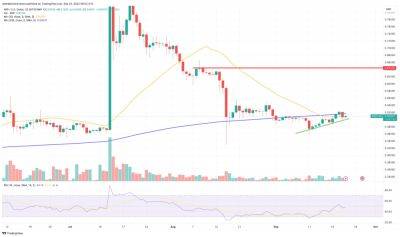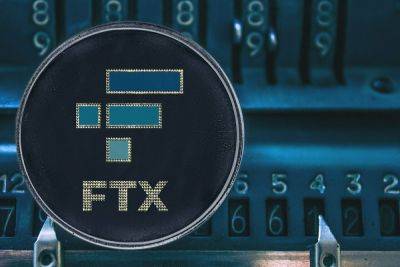Cosmos And Polkadot's Interoperability Plans Under Scrutiny, InQubeta's Unique Model Has Investors Curious
The crypto landscape is fast-evolving and contains different narratives, but one continues to gain traction: interoperability. This is the ability of blockchains to communicate and interact with one another, thereby allowing the seamless transfer of value and data across different networks. Hence, interoperability holds the key to the future development of blockchain technology, playing a crucial role in the creation of more complex and robust decentralized applications (dApps).
However, while Cosmos ($ATOM) and Polkadot ($DOT) have been at the forefront of this movement, their approaches and roadmaps have come under scrutiny. Meanwhile, InQubeta ($QUBE) and its unique model, which revolves around democratizing the AI market and reshaping its fundraising landscape, have investors intrigued. In this article, we will examine the interoperability plans of Cosmos and Polkadot. Further, we will delve into what sets InQubeta apart in this evolving crypto landscape and how it has positioned itself as one of the altcoins to watch.
InQubeta’s ($QUBE) vision revolves around making the AI market accessible and reshaping the fundraising landscape of the industry. To achieve this, it leverages the power of blockchain technology, including NFTs and cryptocurrency, and a fractional investment model. This has positioned it as one of the new DeFi projects to watch out for.
Its mutually beneficial ecosystem is expected to become a go-to for both investors and AI startups. By becoming the first crowdfunding platform for AI startups through crypto, using its $QUBE token, it has sparked curiosity among investors.
Further, its unique investment model in AI ventures, which will be through investment-backed fractionalized NFTs, has piqued the
Read more on cryptonews.com






















